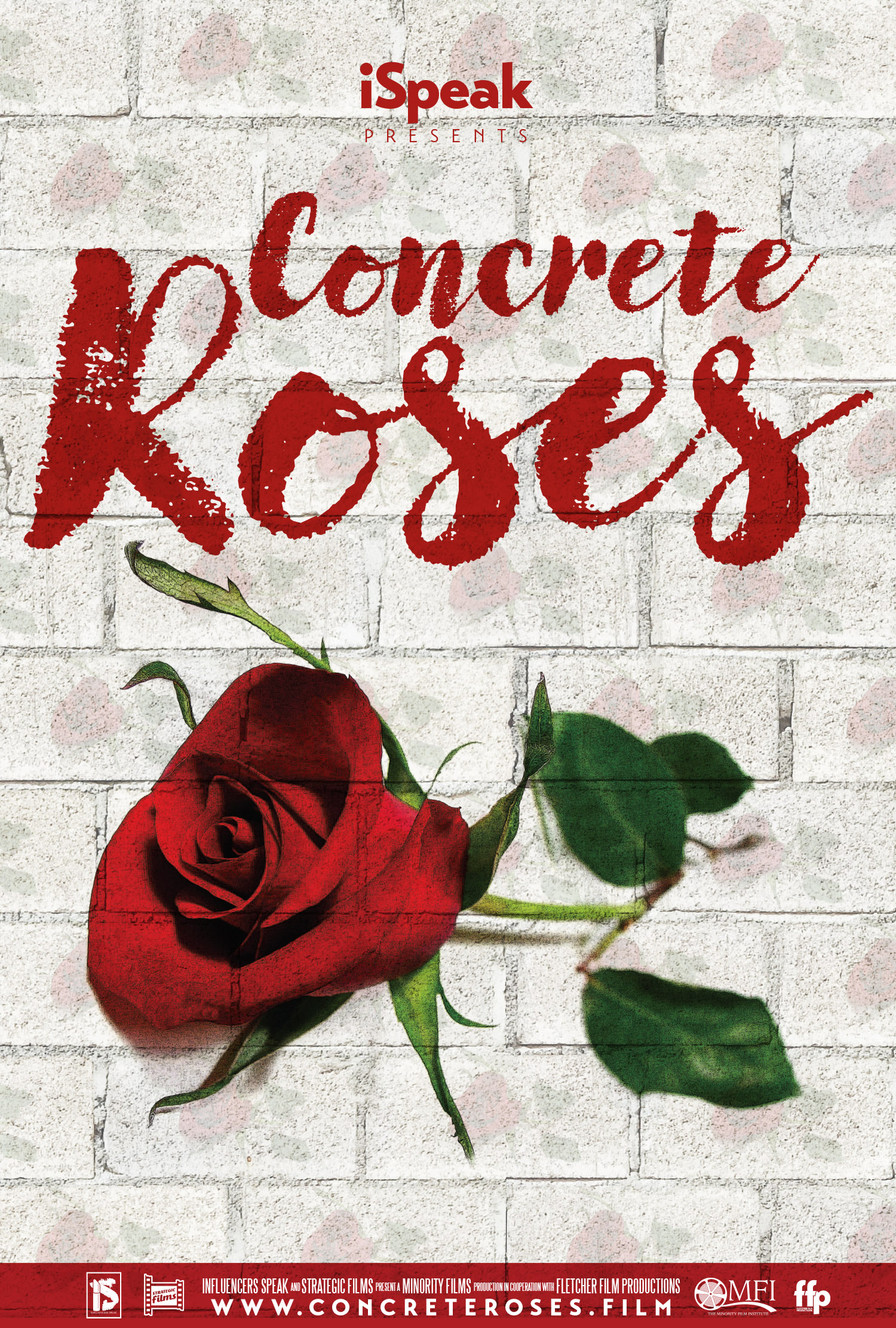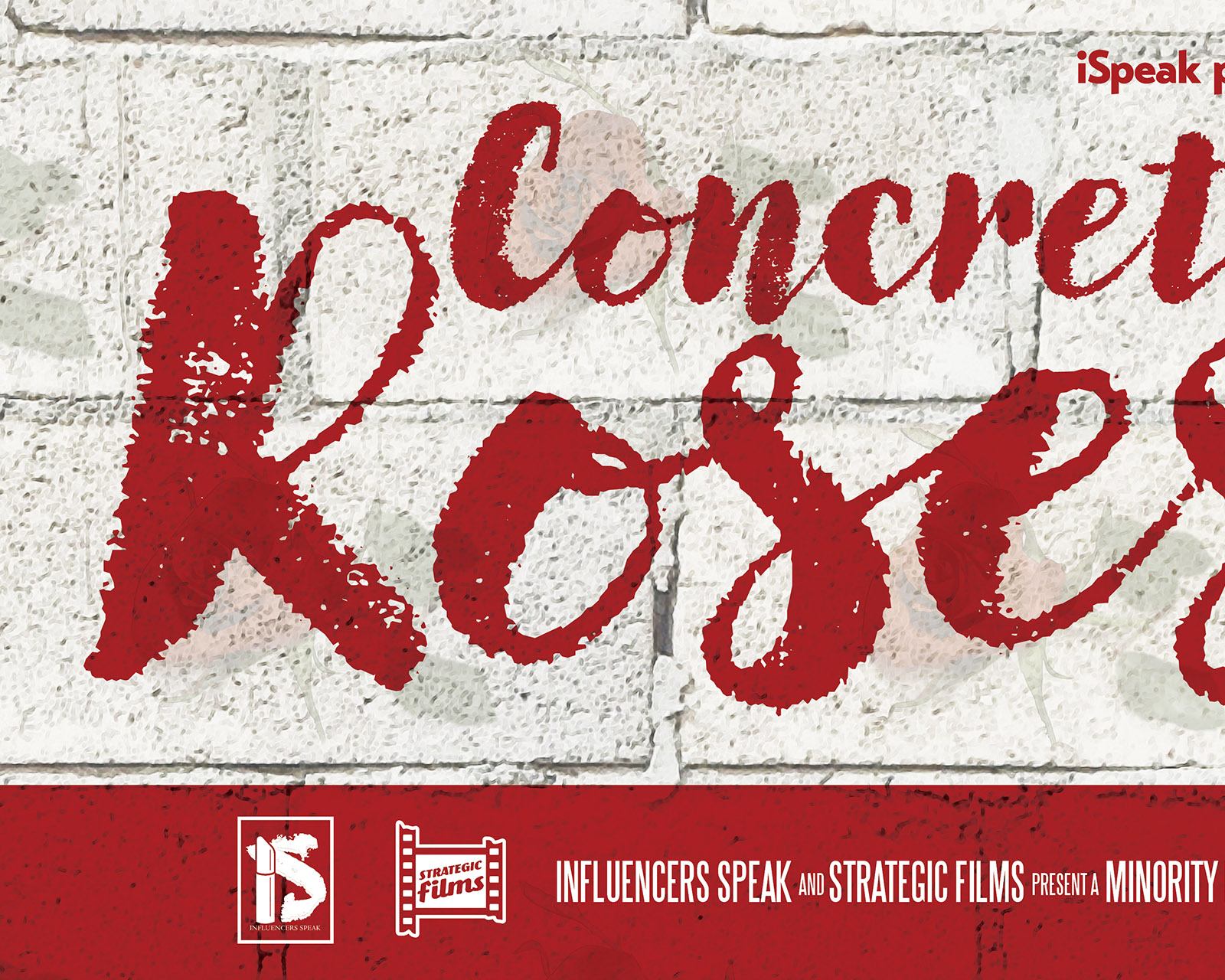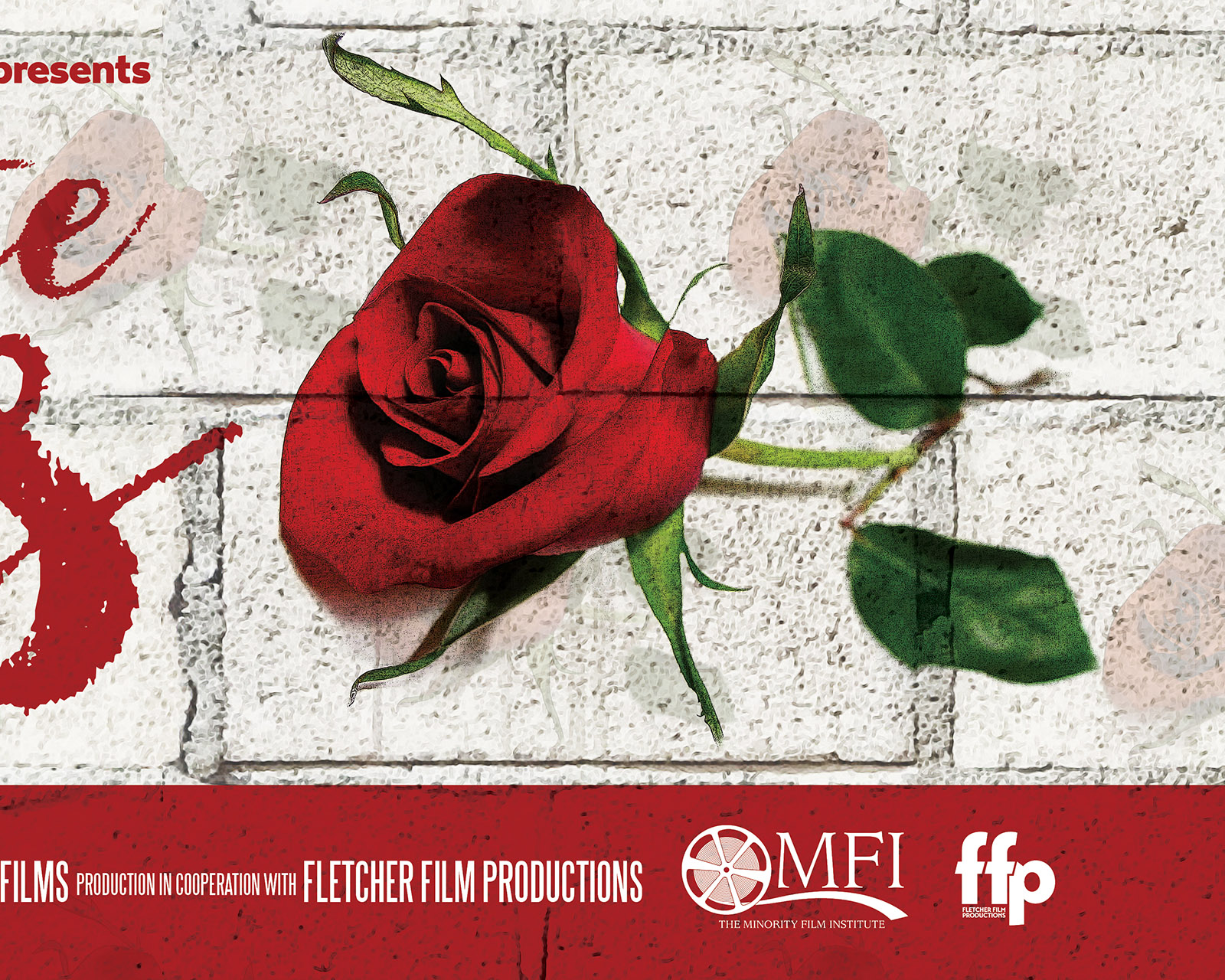Documentary overview
Concrete Roses is a revealing documentary that journeys into the heart of the South Carolina Department of Juvenile Justice (DJJ), exploring the narratives of young women who have been or are currently a part of the system. It offers an intimate view of their lives, struggles, and victories, and the lasting impact of their time within the system.
Purpose
Viewers of Concrete Roses will gain a profound understanding of the lives that most have not and will not experience firsthand. The film aims to be informative, captivating, and emotionally moving, evoking a range of emotions from the audience. Ultimately, the film serves as a powerful tool to raise awareness and support for funding and reform initiatives for improving the South Carolina Department of Juvenile Justice. The stories captured will not only entertain but also educate the public on the realities faced by those less fortunate and shed light with the hope of fostering a deeper understanding of the challenges and needs of the system.
Style and tone
The documentary maintains a tone of empathy and resilience throughout. Its style leans towards intimate portraiture and immersive storytelling, strongly emphasizing first-person narratives. The interview-based format is complemented by archival footage, personal mementos, and evocative cinematography that captures the reality of life within the DJJ.
Description
The documentary “Concrete Roses” delves into the experiences of young women who have been or currently are part of the Department of Juvenile Justice (DJJ). This powerful narrative sheds light on the stories of women who grew up within the system, the impact and future impact the DJJ can have on girls seeking help and opportunities for change. Concrete Roses offer a unique perspective and capture compelling moments through interviews with former girls, staff, leadership, community leaders, and lawmakers.
The film explores various aspects, including the reasons young girls become involved with DJJ, the impact of their sentences, and the profound influence Willow Lane has had on their lives. Concrete Roses aim to provide an authentic and profound portrayal, amplifying the voices of these resilient young women, their struggles, victories, and the lasting impact of their time served.

The film hopes to raise awareness, foster empathy, and promote positive change within the juvenile justice system by sharing these gripping stories. Concrete Roses serve as a platform for these remarkable women to reclaim their narratives, challenge societal perceptions, and inspire and motivate others with their resilience while igniting meaningful conversations and contributing to a greater understanding of the challenges young women face in the juvenile justice system face.
Through this film, we aspire to provoke change, inspire empathy, and advocate for a more compassionate and effective approach to juvenile justice. We encourage all to Join us on this transformative journey as we uncover the untold stories of these remarkable young women and strive for a brighter future for all those impacted by the Department of Juvenile Justice. Together, let us celebrate the strength, resilience, and growth of the Concrete Roses.

Excerpts from Elizabeth’s story
Ever since I can remember, I have always been a troublemaker in school. I was very smart and needed to be challenged and molded in the right direction. When I was living with my Dad’s side of the family in Florida, I went to a private Catholic school, and they would separate me and give me harder lessons at school which would mentally exhaust me and allow me to be a calmer student.
Then my mom made the decision to move our family to Atlanta, Georgia. Living in Gwinnett County was very different from my catholic upbringing, and an extreme culture shock. Some girls bullied me, and when I would come home, my mom would see bruises and tell me if I didn’t fight back, she would spank me when I got home. My mom was very strict, and I wasn’t allowed to do ANYTHING growing up. This type of upbringing did keep me out of a lot of trouble that kids got into outside of the home, but I also wasn’t busy enough, so as it often does, too much free time almost always leads to destruction. No structure or being challenged academically made me a textbook disruptive student, and my loud abrasiveness also stopped the bullying. When you make people laugh, you give them escape. Since I didn’t need to sit still and be quiet to make straight A’s, I would disrupt class and disrespect my teachers. A disregard for authoritative figures began in elementary school and often created a love-hate relationship between myself and my teachers and administrators – the teachers and administrators loved my mind and potential, but ALL hated my mouth.
In Middle School, my disrespect and behavior had turned into full-blown anger. My small family had moved several times, which caused me to change schools three times across several states. I was now in Greenville, SC, a small town compared to Atlanta. Looking back, I am thankful for this because the temptations of trouble were lessened, and I sought all the trouble I could find. In Middle School, I achieved academically, was enrolled in the honors track, and took advanced courses; however, my behavior hadn’t improved, leading to me being kicked out for inappropriate and disruptive behavior.
While still in Middle School and my family back in Greenville, SC, my arguing and disrespectful behavior slowly turned into physical altercations. After three physical fights, I was on the verge of being removed from school. After my fourth physical altercation, law enforcement was called to deal with the incident and me. This was my introduction to “The System,” and I stayed within this system from age 13-17.
I have been told I am a rose that grew from concrete. Like so many kids in The System, music saved me, and for me, especially the music of Tupac Shakar. Ironically, Tupac authored a group of poems titled, The Rose That Grew From Concrete. His work inspired me to write a piece long ago titled RENEGADE.



